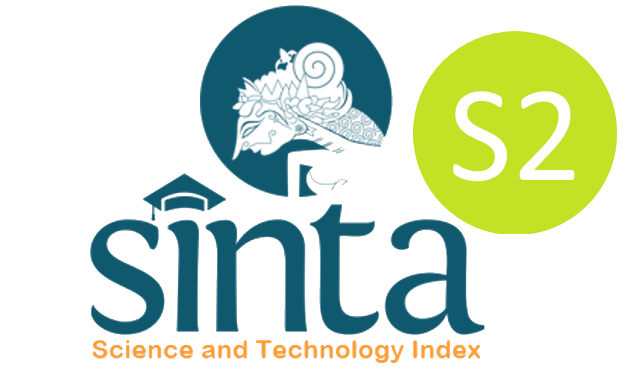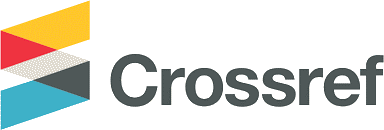Abstract
Although most researchers agree that environmental education is very important to develop pro- environmental behavior (PEB) in children, it is uncertain whether environmental education has positive outcomes, especially in Indonesian schools. This study tried to get some insight into whether green school students will have a higher nature relatedness and thus will behave more environmentally friendly, compared with students from schools with a regular national curriculum. In this study, 304 elementary public schools’ students and 229 green schools’ students participated. Data were collected through self-report scale, behavioral observation and Focus Group Discussion (FGD). The result shows that green school student’s, as well as children from public school, do not differ in their appreciation and understanding of their interconnectedness with all other living things on the earth. In other words, their nature relatedness (NR) are relatively similar. As hypothesized, if faced with the choice to act environmentally friendly, the PEB of green school students were significantly higher than public school students. But interestingly, information from FGD reveals that green school children PEB is not based on knowledge or concern for the environment, but rather a result of habituation and social modelling of their friends. On the other hand, public schools students have the knowledge, but they do not implement it in daily lives because they are not used to do it. It is concluded that environmental education curriculum does have a role in shaping students PEB, but to develop a sustainable PEB in young children, schools should focus on environmental knowledge, to develop and internalized pro-environmental value, and they should also develop ways to habituate PEB.
Recommended Citation
Djuwita, Ratna and Benyamin, Aditya
(2019)
"Teaching Pro-Environmental Behavior: A Challenge in Indonesian Schools,"
Psychological Research on Urban Society: Vol. 2:
No.
1, Article 9.
DOI: 10.7454/proust.v2i1.48
Available at:
https://scholarhub.ui.ac.id/proust/vol2/iss1/9







